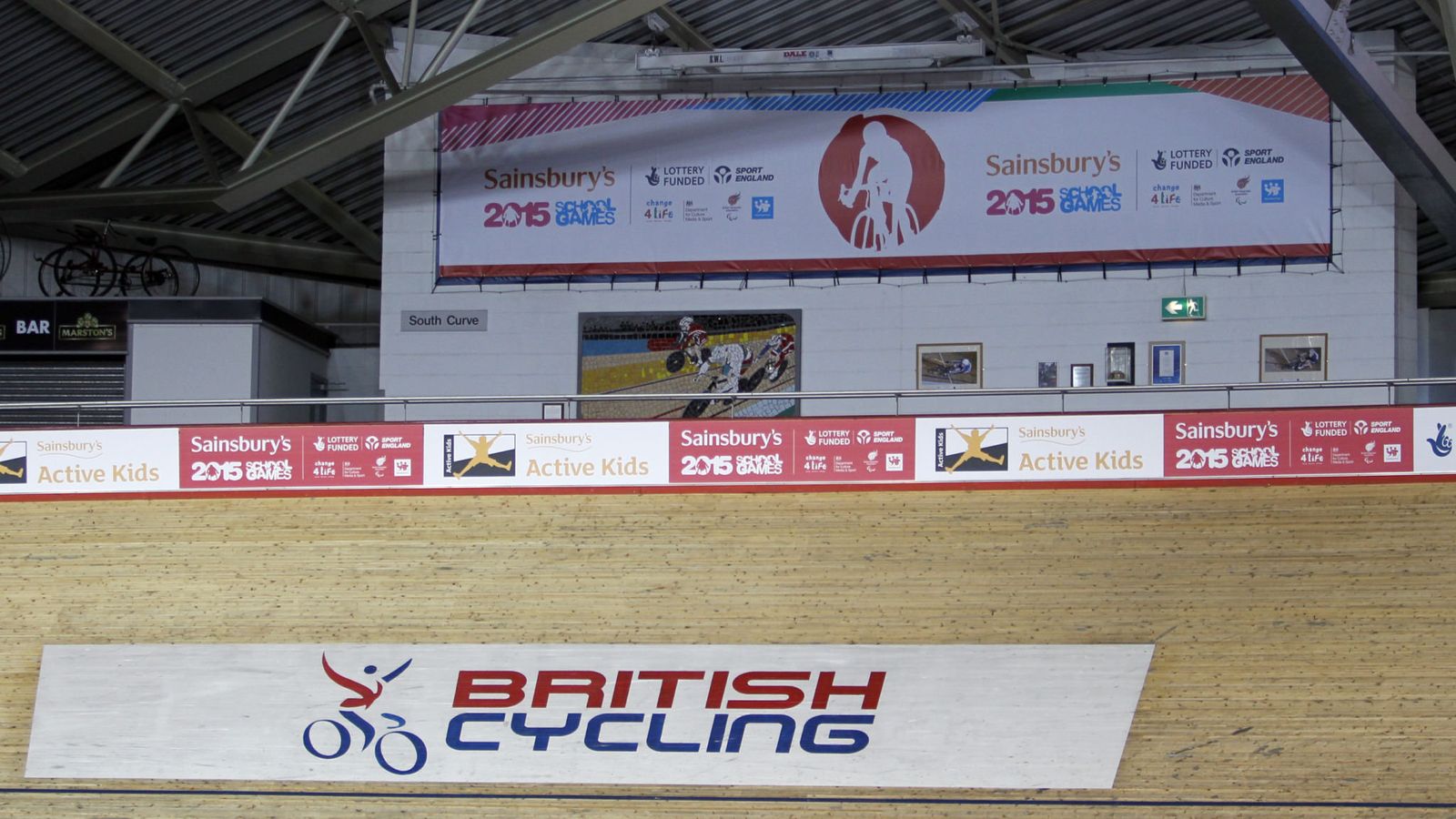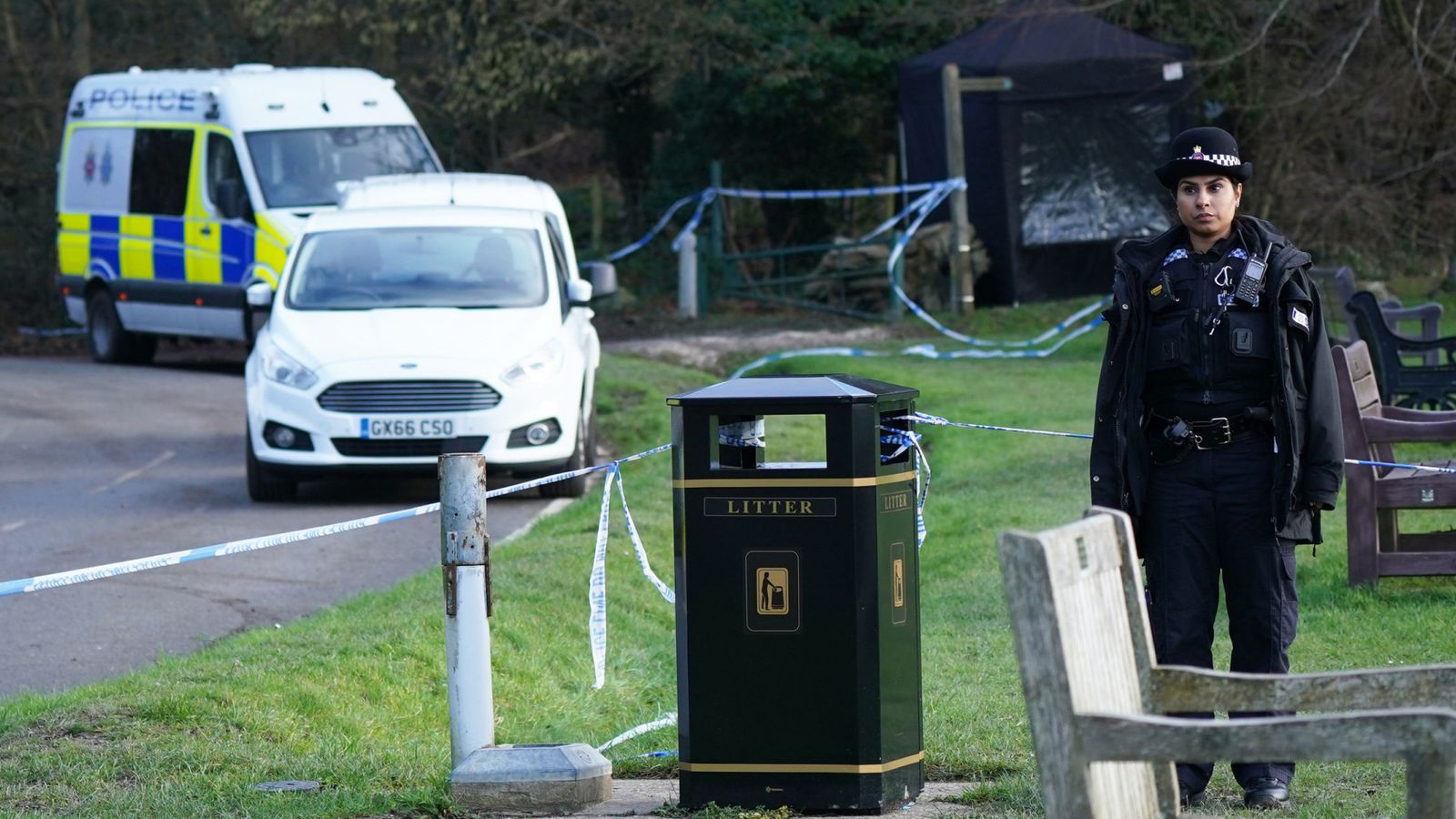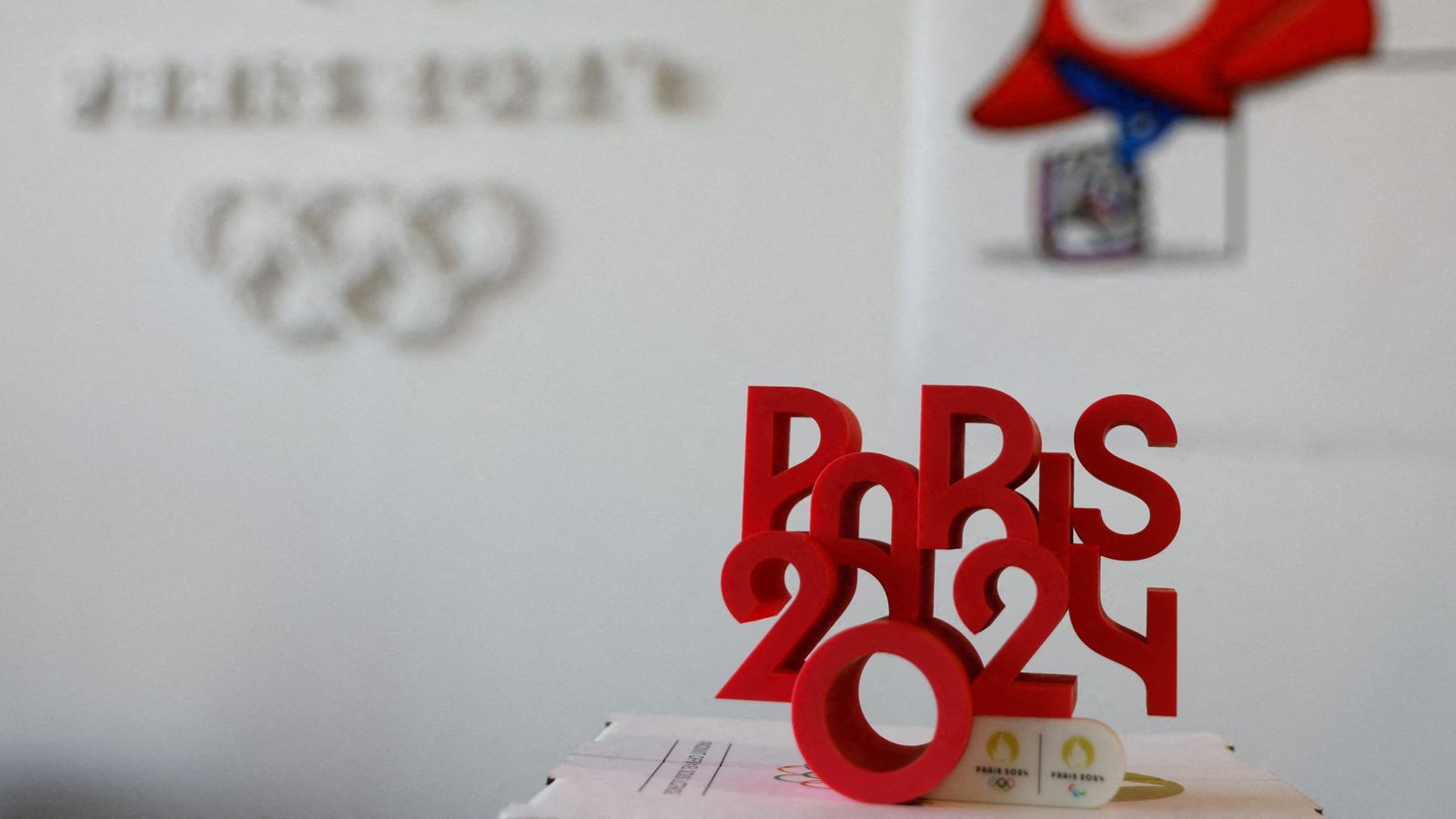Transgender cyclist Emily Bridges has been barred from competing in a women’s event this weekend after the sport’s governing body ruled she was not eligible.
Bridges, 21, had been due to compete in a women’s event for the first time at the British National Omnium Championships, going up against five-time Olympic champion Dame Laura Kenny.
Cycling’s international governing body, Union Cycliste Internationale (UCI), informed British officials on Wednesday that under its regulations Bridges was not eligible to take part in the event.
Bridges, who set a national junior men’s record over 25 miles in 2018, began hormone therapy last year to reduce her testosterone levels.
UCI ruled that she could not compete because she was still registered as a male cyclist.
British Cycling said: “We have been in close discussions with the UCI regarding Emily’s participation this weekend and have also engaged closely with Emily and her family regarding her transition and involvement in elite competitions.
“We acknowledge the decision of the UCI with regards to Emily’s participation, however we fully recognise her disappointment with today’s decision.”
Tokyo Paralympics: Husband and wife cyclists Neil and Lora Fachie win gold
Tokyo Paralympics: Afghanistan veteran Jaco Van Gass claims cycling gold for GB on debut at Games
Team Sky welcomes possible new cycling governing body investigation
British Cycling said that transgender and non-binary inclusion is “bigger than one race and one athlete – it is a challenge for all elite sports”.
It called for a coalition to “share, learn and understand more” about how fairness can be achieved in a way that “maintains the dignity and respect of all athletes”.
Read more:
Coming out as trans in cycling is a crucial step on my journey
The spokesman added: “Within recent years, we’ve seen huge advancements in the science and testing around elite sports, the broader scientific and understanding of human biology, developments in protection provided by the law, and crucially a greater respect for the psychological and societal challenges of those who are transgender and non-binary.
“This is a complex area and by uniting, we can share resources and insights.
“We know that some of these conversations are happening in pockets of the sporting world, but we want to encourage all sporting governing bodies, athletes, the transgender and non-binary athlete community, the government and beyond to come together and find a better answer.”








